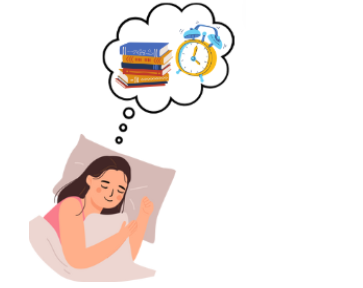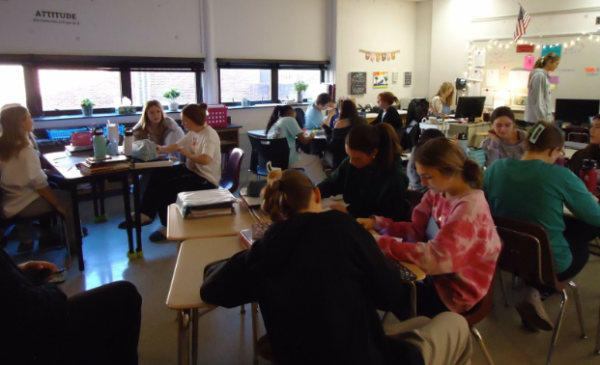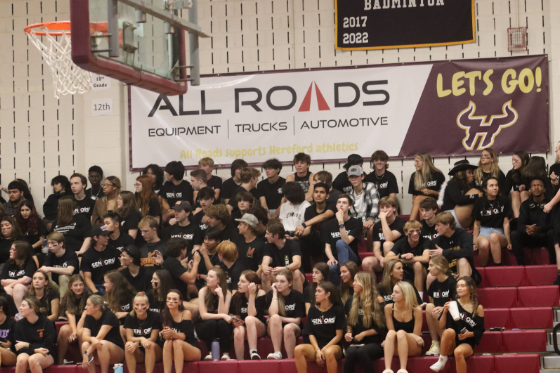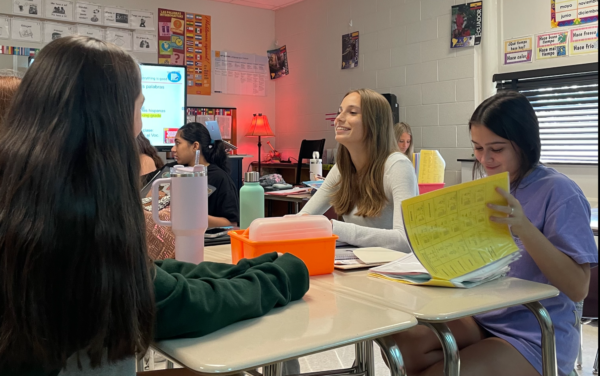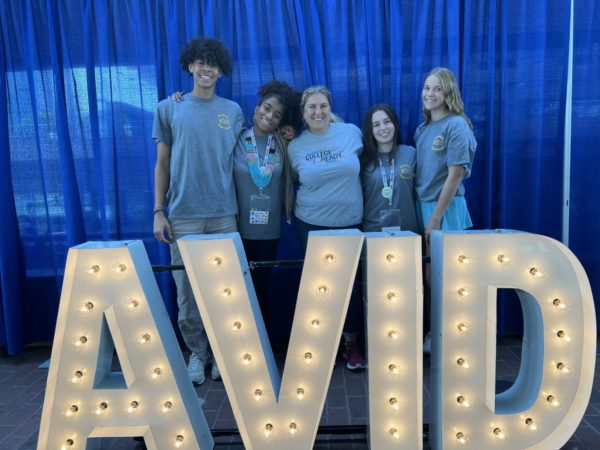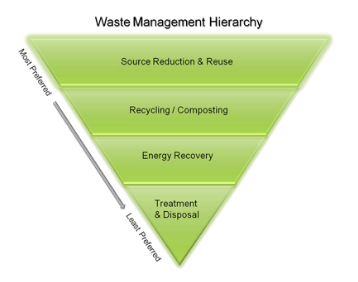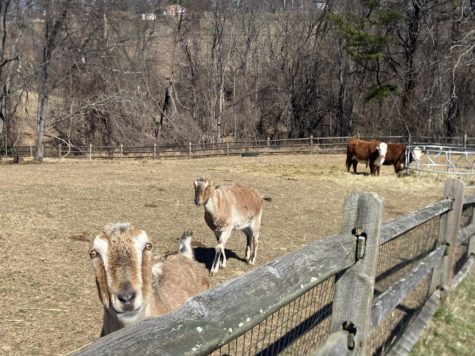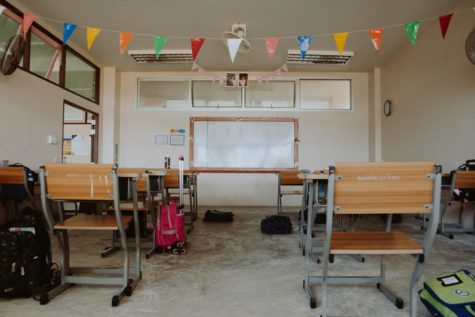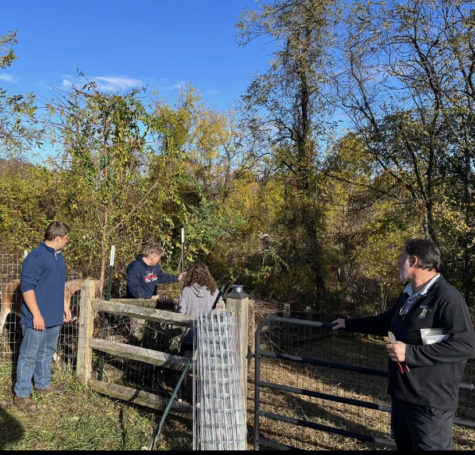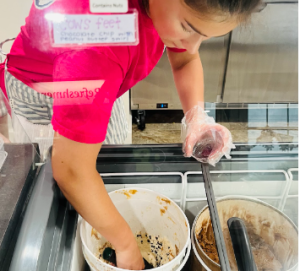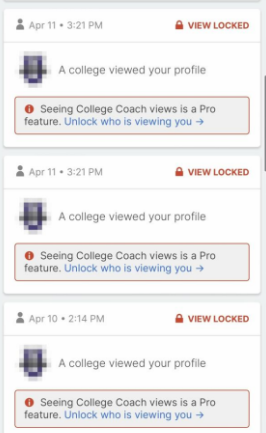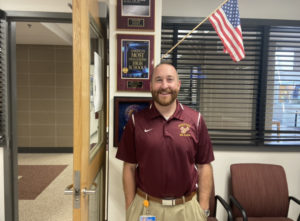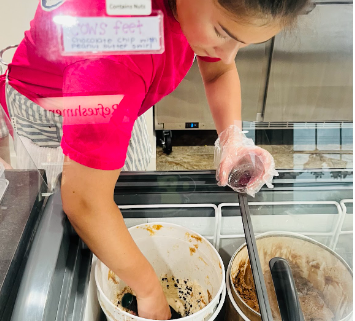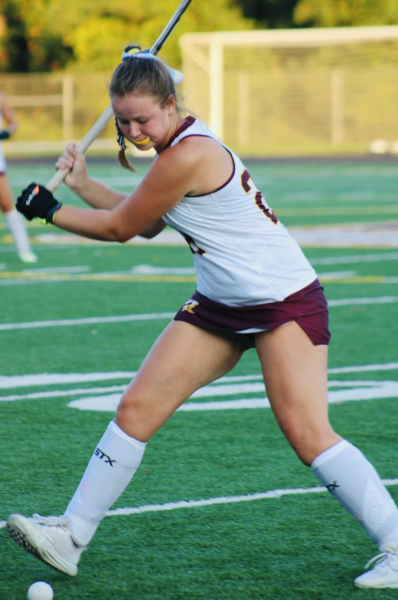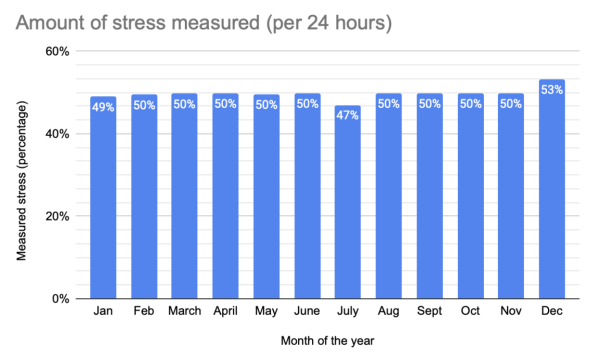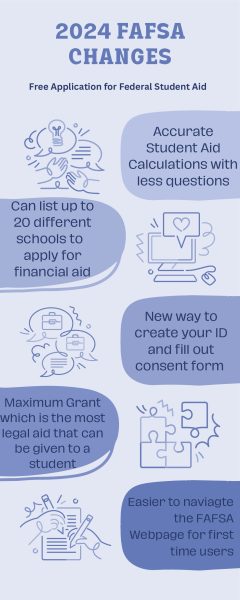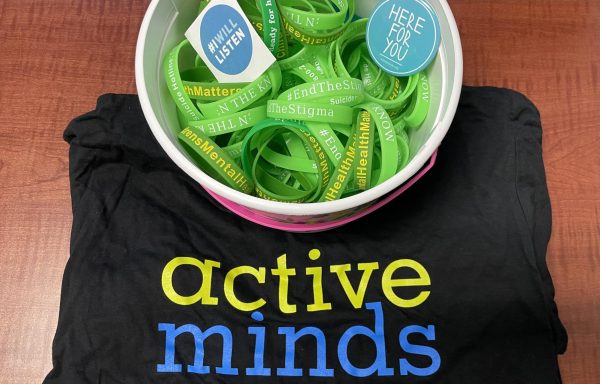Academic workload disrupts student balance of responsibilities
November 9, 2021
The 2020-2021 Covid school year brought instability to millions of students. Now, as we enter the 2021-2022 school year, scholars find themselves struggling to stay on top of schoolwork and balance their other responsibilities. Athletics, family and religious dedications, and jobs are some of the priorities that students must balance and maintain.
“Being a captain means I have to be a leader which is a lot of responsibility,” Logan Sinsebox (‘22), a captain of the Varsity boys’ soccer team, said.
Sinsebox prioritizes his GPA and grades in order to continue to play throughout the soccer season. He finds that initially getting work done prevents future stress, especially during games. Sometimes it helps to just take a step back and re-evaluate when it comes to stress with school and sports. — Logan Sinsebox ('22)
The athletics program emphasizes the importance of academics over sports, but it’s difficult to find a balance when students rely on athletics for college scholarships or strive to make a future of it. Hadley Sweeney (‘23) takes four AP classes and is a part of the cross-country team.
“It [workload] makes me manage my time better, but it also can be stressful,” Sweeney said.
It’s undeniable that learning to balance responsibilities is a crucial skill to be successful in life. However, after the botched Covid school year, students struggle to quickly grasp this ability. Pressure to meet deadlines and perform well in school while participating in sports and outside jobs adds urgency to find a balance.
“Most kids are in multiple difficult classes and are trying to stay on top of them all at the same time which can be difficult if teachers are not flexible,” Sweeney said.
Although there are many aspects to life that students can’t control, bettering teacher’s understandings of the teenage life and its ordeals is something that can be controlled. It’s expected that a massive change in dynamic will throw life into chaos. Genuine empathy for student’s mental health and stresses is something that’s appreciated, especially regarding the quality of assistance in class and methods of education.
Kaila Blizzard (‘22), a captain of the girls’ Varsity soccer team, shares similar conflicts as Sweeney and Sinsebox.
“I don’t like to bring school issues into practice because it only affects me and my if I can’t perform at my best,” Blizzard said.
Like Sinsebox, she separates school from athletics in order to play her best. It’s a lot to expect of student-athletes to mentally remove their academic worries from sports and play their best. Coaches should also be understanding of the fact that there are external factors that may affect performance.
Seniors face the additional hassle of figuring out their future and the necessities of that situation too.
“On top of schoolwork, I also have college applications. It’s hurt me in the sense that I feel very tired a lot of the time and overworked within some classes,” Blizzard said.
Seniors dream of a future with less responsibility, while freshman reminisce on their untroubled middle school years. Jumping into high school was a huge adjustment for freshmen and they still struggle to balance school and athletics.
“There is a lot more pressure in high school and more things I need to worry about. I feel like I never have enough time,” Mia Davis (‘25) said. Davis is another member of the cross-country team who finds trouble in managing time and completing work on time.
Overall, students are trying to balance numerous stresses in life, as well as meet the expectations imposed by the school and other external sources. It’s greatly appreciated when teachers and coaches share genuine sympathy and understanding of the mentalities where students struggle and are more lenient with the pressure imposed. And in the end, the overall performance and morale of the student body will grow and lead to a much more enjoyable school year.


